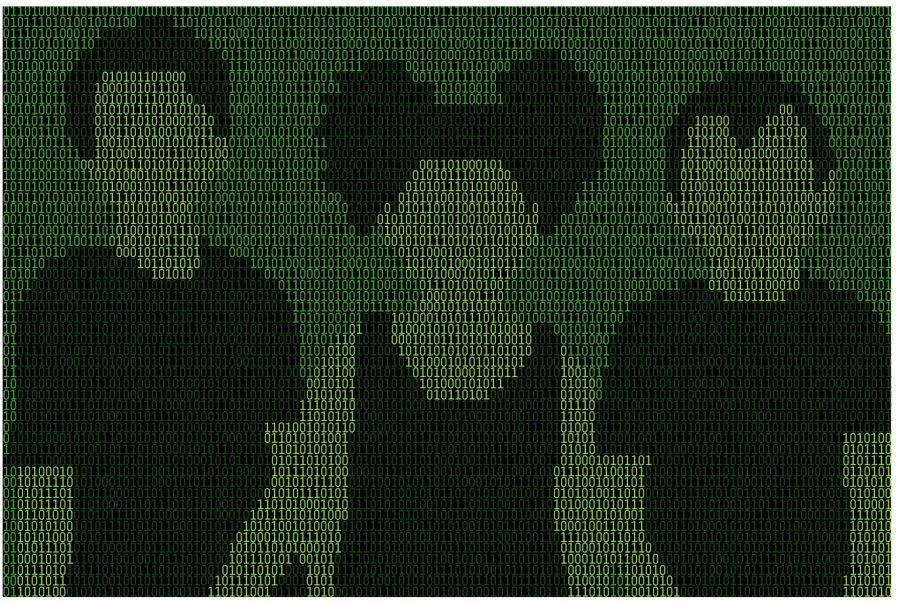‘Hello World’: Chicago children learn coding
‘Hello World’: Chicago children learn coding
December 11, 2017
Coding, with all its lines and if/then statements, can be a challenge to any adult, but young children in Chicago and nationwide are learning to wrap their heads around computer languages.
About 25 percent of American students are already learning to code and have accounts with nonprofit Code.org, according to the organization’s website. Throughout the Chicago area, parents can enroll kids as young as 6 in coding class programs, such as Codeverse, Power Up Tech Academy and courses at Northwestern University’s Center for Talent Development.
Coding has become an essential skill for children in a world dominated by technology, said Tamasin Ford, owner and founder of Power Up Tech Academy, 2867 N. Clybourn Ave.
“From the moment we wake up to the moment we go to bed, people are using various computers from the phone … to your TV, microwave, car and actual computers,” Ford said. “If you understand how to code, then you understand how all these computers operate, and you start to understand how your world works.”
Power Up Tech Academy offers classes for 6- to 13-year-olds. The courses run for nine or 10 weeks and are kept at a 4:1 student-to-teacher ratio. Fees range from $229 to $379, according to the company’s website.
Being code-savvy will give current grade schoolers a greater understanding of what goes into their technology ahead of Millennials and older members of Generation Z who did not have computer classes in school, said Tom Dowd, associate dean of the School of Media Arts.
“Current generations, in a way, [are] the most technically literate we’ve ever had, but in some ways, the most technically illiterate,” Dowd said. “They know how to use their smartphone, but they only know how to use particular parts of it. They don’t fully understand what this device is and what it can do.”
But coding does not come easily, so Katy Lynch, co-founder and chief marketing officer of Codeverse, 819 W. Eastman St., did her best to find a workaround to help kids understand. Lynch’s husband and Codeverse CEO, Craig Ulliot, created kidscript, a coding language aimed at children ages 6 and up, alongside Chief Technology Officer Dave Arel.
The proprietary language is taught in a 3,600-square-foot facility with programmable lights, speakers, drones, laser cutters and more, Lynch said. All of these items can be controlled through kidscript code to see programs operate in real-time as kids work on them.
“We felt it was more fun and easier to teach kids how to code when they could actually see the cause and effect of their code in real time,” said Lynch, who co-founded Codeverse with Ulliot, a prolific entrepreneur, in July.
Codeverse offers classes for $225 per month, according to the company’s website.
Coding has also made its way into public school curricula. Chance the Rapper and Google made a $500,000 donation Dec. 6 to Chicago Public Schools’ Children First Fund to support computer science education. The Chicago Board of Education also made computer science a high school graduation requirement in February 2016.
Strides such as these make Lynch’s goal to teach 1 billion kids to code—a 30–40 year task, she estimated—seem a lot more attainable.
“Whether [a child] becomes a software engineer or the next Beyoncé, learning the vital skill of coding is an asset,” Lynch said.








